Lawyer: Šešelj did not accept court's conditions
Vojislav Šešelj remains in detention after a deadline expired for him to accept the conditions set out by the Hague Tribunal (ICTY) for his provisional release.
Wednesday, 09.07.2014.
09:27

Lawyer: Šešelj did not accept court's conditions
On Tuesday, an internal memorandum of the court that Tanjug had access too said that Šešelj had stated he "had no intention of making a written declaration on whether he would respect the conditions for his provisional release," and that he told a tribunal representative in a telephone conversation that he "already said what he had to say about the matter in his previous written statement.""There is no special procedure in such cases, and if there is no answer from the accused, then he is considered to have rejected the conditions attached by the Tribunal," Fila, who defended several accused Serbs before the Tribunal, said earlier on Tuesday.
The three-day time frame, in which Šešelj should have given his consent in writing and a legally binding form that he accepts the Tribunal's conditions, expired on Monday.
As a condition for the provisional release until the delivery of a judgment, the Tribunal ordered that Šešelj be placed in home confinement, in contravention of Rule 65 (B) titled “Provisional Release” which the Tribunal invokes.
The Trial Chamber requested that Šešelj states his commitment to respect the conditions: surrender his passport to the Serbian authorities, be escorted by the police when traveling for medical treatment, not contact any witnesses or victims or seek to influence them in any manner, not interfere in any way with the proceedings or with the administration of justice, and not discuss his case before the Tribunal, except with members of his legal team.
The ICTY stated earlier on Tuesday that it did not receive any answer from Šešelj, and Šešelj had stated previously that he does not want to accept the Tribunal's conditions and any guarantees from the Serbian government.
Fila noted that, under the conditions set out by the Hague Tribunal, Šešelj would have been temporarily released only declaratively, while “in fact he would have sat with a tag in an apartment.”
“In fact, he would just change the prison in Scheveningen for another one in Belgrade, although better as he would then be with his family,“ Fila said.
He said that the story about the provisional release is just being used so as not to discuss why Šešelj has been detained for 11 and a half years, without the first-instance judgment, with no end to the trial in sight.
Fila underlined that Šešelj's provisional release from the ICTY without any conditions would be the only fair solution.
He noted that the Trial Chamber could at any point decide to grant him provisional release only with the Serbian government's guarantees that he would not leave the country.
"In that case, Šešelj would have to leave The Hague, whether he likes it or not," Fila said, voicing the opinion that this would not be the case because “had the Trial Chamber wanted to release him until the rendering of a judgment, it would not have set out any conditions for him.”
“That is why Serbia should call on the UN Security Council to intervene so that Šešelj be granted provisional release, as the state has to protect the interests of its citizens,” Fila concluded.
Šešelj voluntarily surrendered himself to the ICTY on February 23, 2003. He pleaded not guilty to all counts in an indictment charging him with crimes against humanity and violations of the laws or customs of war in Croatia, Bosnia-Herzegovina and Vojvodina between 1991 and 1993.
He has since been held in the UN detention unit in Scheveningen, outside The Hague, and the case, which commenced on November 7, 2007, is still at trial. The prosecution completed the presentation of its evidence on January 13, 2010 and the accused, who is representing himself, did not want to make any defense arguments.
The trial ended on March 20, 2012, and the Trial Chamber cannot say when the first-instance judgement will be delivered, as the newly assigned Judge Mandiaye Niang asked for additional time to fully familiarize himself with the facts of the proceedings, which he took on after the disqualification of Judge Frederik Harhoff which Šešelj had requested because he “was not impartial and neutral”.






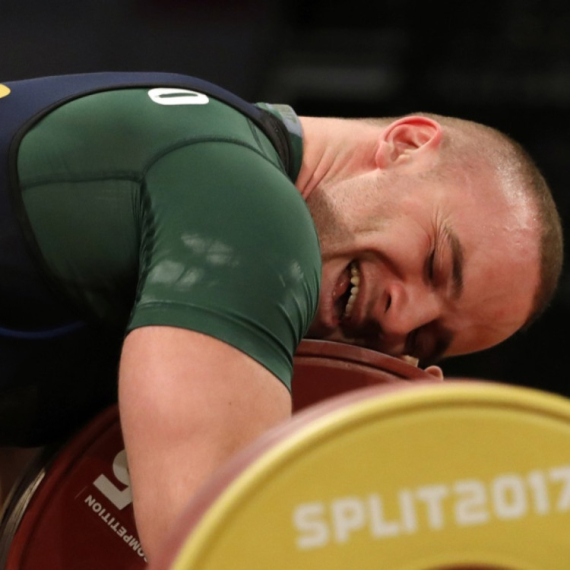




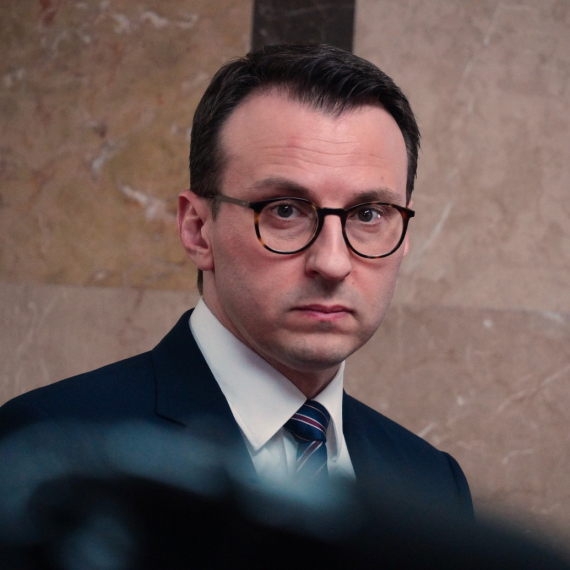



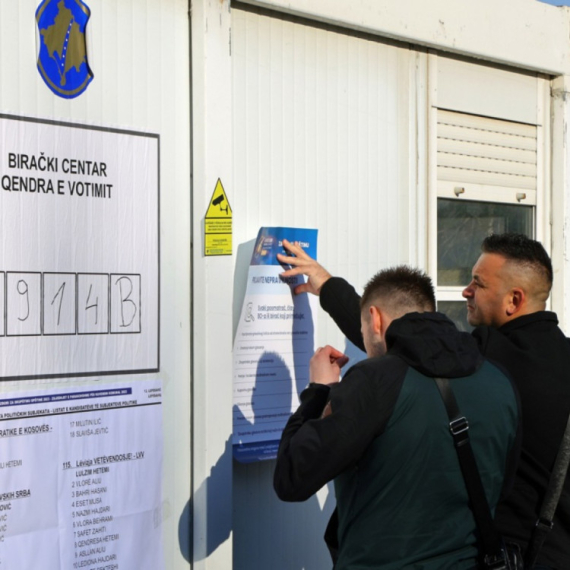





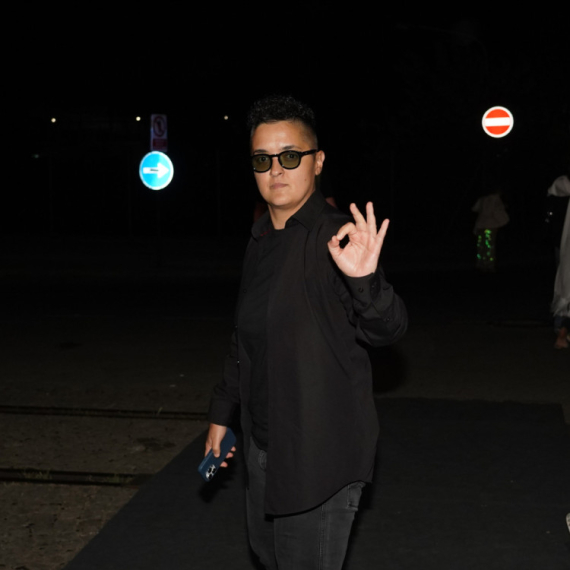
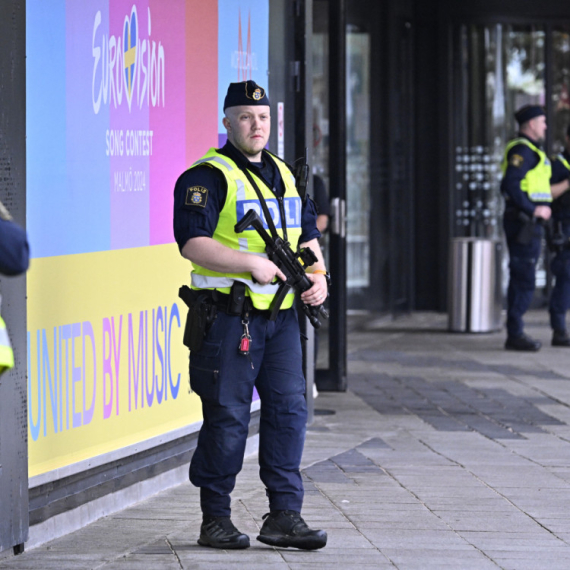







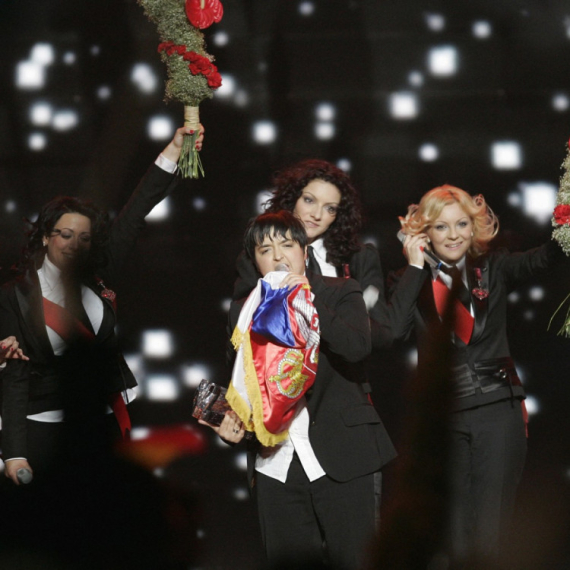


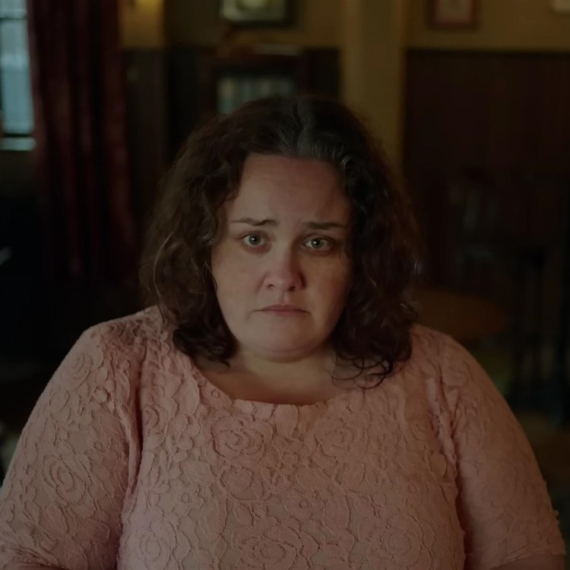




















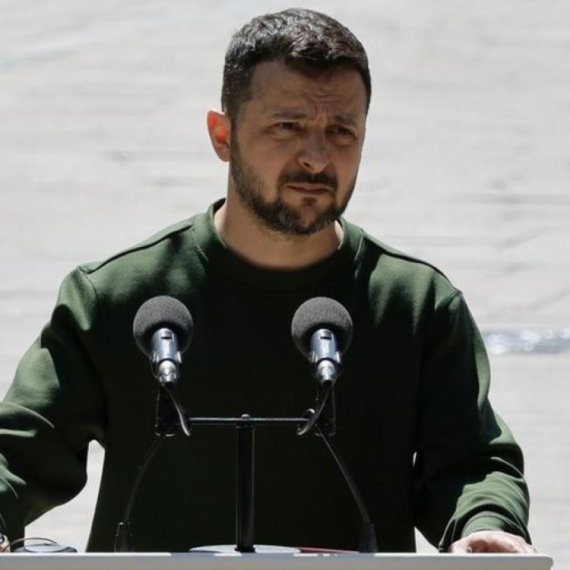



Komentari 32
Pogledaj komentare